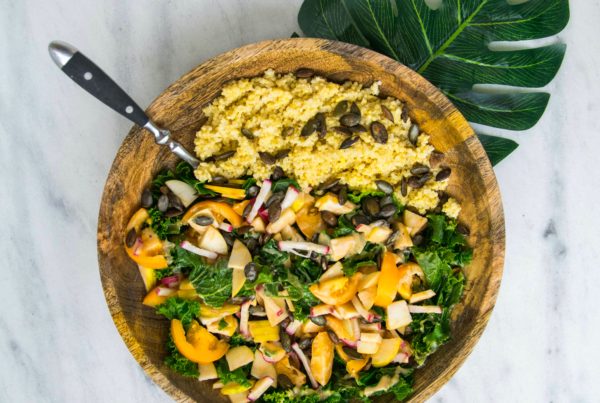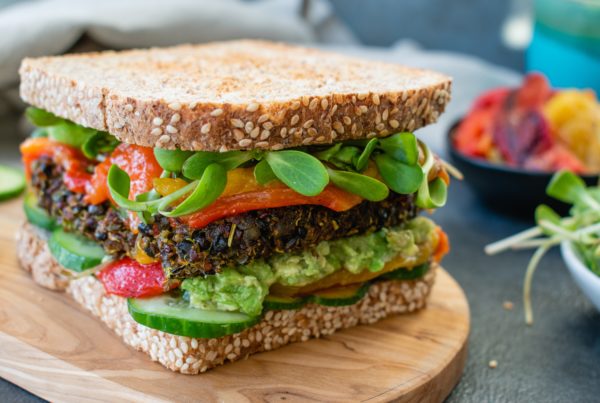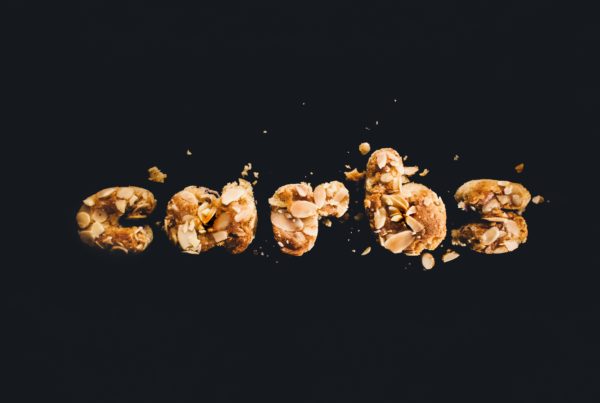There is a common misconception that anything with the word “fat” is bad, or that fats are not necessary for us to be healthy. However, fats are essential to our body processes and not every fat is created equally. Yes, there are certain fats that are not as healthy, and that we should try to eat less of. Despite this, there are many fats that have many benefits to our metabolic processes, fuel our body and help us to absorb certain nutrients. I’ll be talking to you about which fats are the best, and why.
Healthiest fats: Monounsaturated fat and Polyunsaturated fats
Monounsaturated fat
Monounsaturated fats have proven to decrease the risk of cardiovascular disease, and to increase the amounts of HDL cholesterol (“good” cholesterol that moves the cholesterol from the blood to be excreted out of the body) and to decrease the amounts of LDL cholesterol (“bad” cholesterol). Some studies have also shown that monounsaturated fats can improve physical activity, and to improve peoples’ moods. For these reasons, monounsaturated fats can be said to be healthy. Now for the best part, here are some yummy food choices packed with monounsaturated fats:
- Avocados
- Packed with fibre, vitamins and potassium
- Delicious in salads, on top of toast, or by itself!
- Nuts
- Are also a good source of protein, minerals and vitamins and are a filling snack
- Olive oil, avocado oil and canola oil
- Can be used as a replacement for butter in cooking and can be used to make different types of salad dressings
Polyunsaturated fat
Polyunsaturated fats are considered essential fats. This means that they are required for our body processes but our body cannot make them; so we must get them from our diet. Similarly to monounsaturated fats, polyunsaturated fats have benefits such as lowering cholesterol levels, protecting the heart, reducing inflammation and for maintenance of our brain functions. Examples of beneficial polyunsaturated fats are Omega-3 Fatty Acids. Below are some foods with lots of Omega-3’s
- Fatty fish (mackerel, salmon, trout)
-
-
- A great protein source, and is recommended to include a serving twice a week
-
- Walnuts
-
-
- Is a brain-fueling snack and can be added into baking, on salads, or as part of a trail-mix
-
- Ground Flaxseeds
-
-
- Contain lots of Omega-3s and can be added into smoothies, oatmeal, muffins and many other dishes
-
- Eggs
-
- Some eggs are fortified with Omega-3s, and are packed with protein, Vitamin D and several other nutrients
Less healthy Fats: Saturated and Trans fats
Saturated Fats are often seen to lower good cholesterol levels, and raise bad cholesterol levels. There is some conflicting evidence about how harmful saturated fats are for us, but it is still recommended for us to try to avoid saturated fats as much as possible. Foods such as fatty meat, butter and lard are high in saturated fats. By replacing saturated fats with monounsaturated or polyunsaturated fats, we can help lower our risk of heart disease and other chronic diseases.
Trans fats are thought of to be one of the worst types of fats, and in Canada, they were recently banned from being allowed in our foods! Similarly to saturated fats, trans fats significantly lower good cholesterol levels while raising bad cholesterol levels. They were often found in margarines, deep fried foods and shortening.
When eating foods containing less nutrition and more empty calories, remember to eat intuitively, savour and enjoy the food, and don’t feel guilty about eating them occasionally. Instead of focusing on sticking to a low-fat diet, simply try to eat more balanced meals with healthier types of fats, do some exercises that you enjoy and find ways to cope with stress. For more information or tips on your health goals, talk to a dietitian, we’re always here to help.



